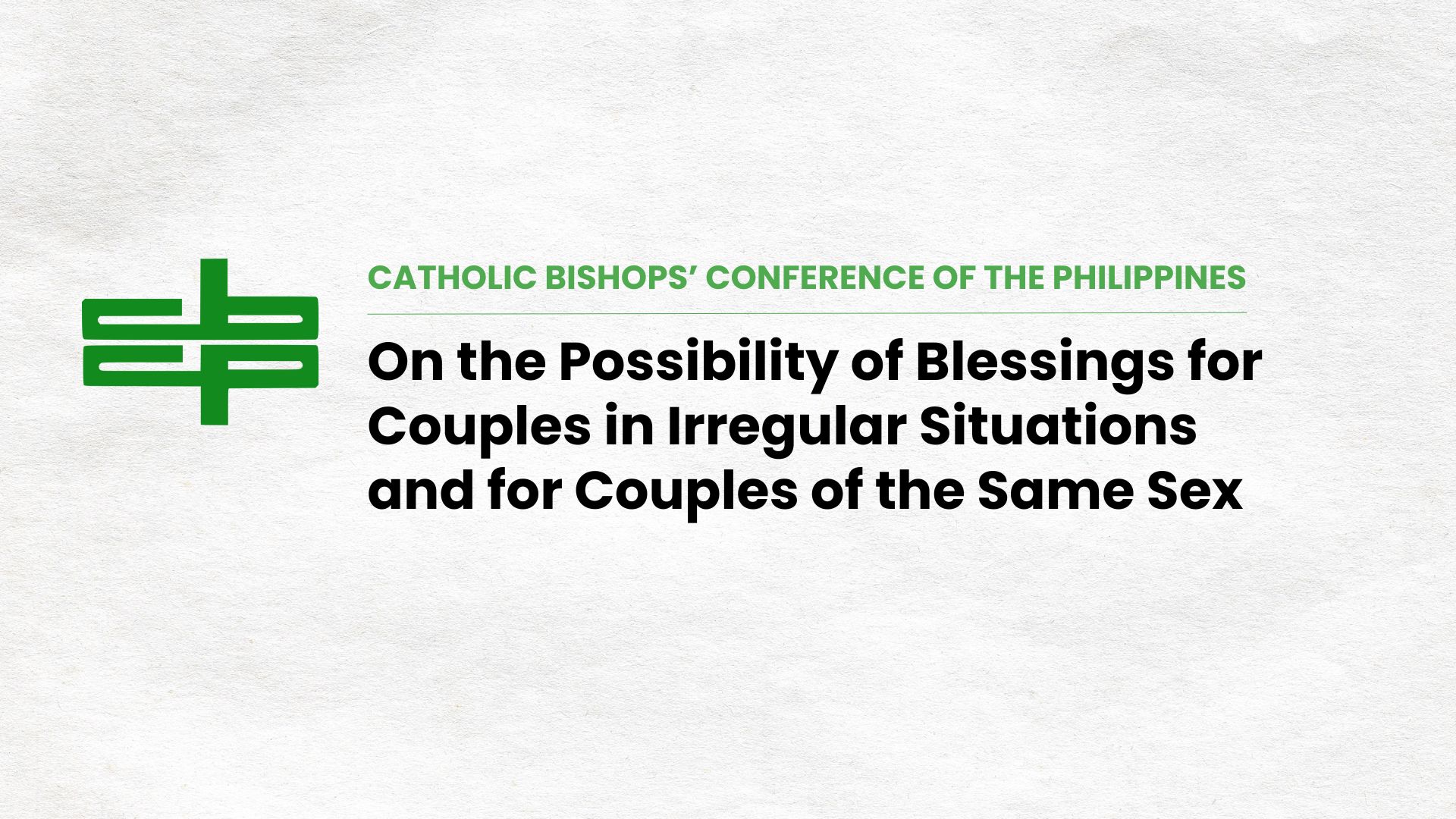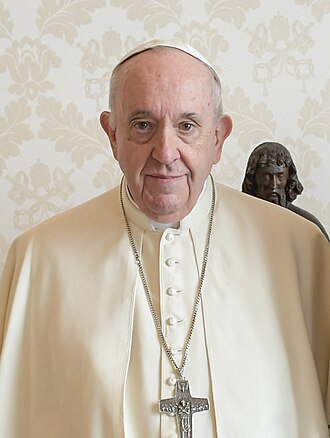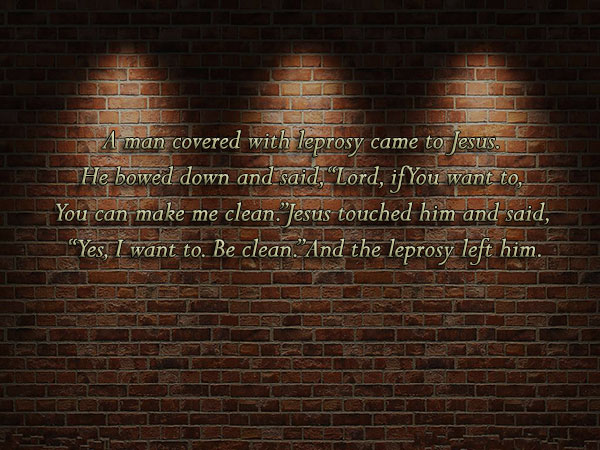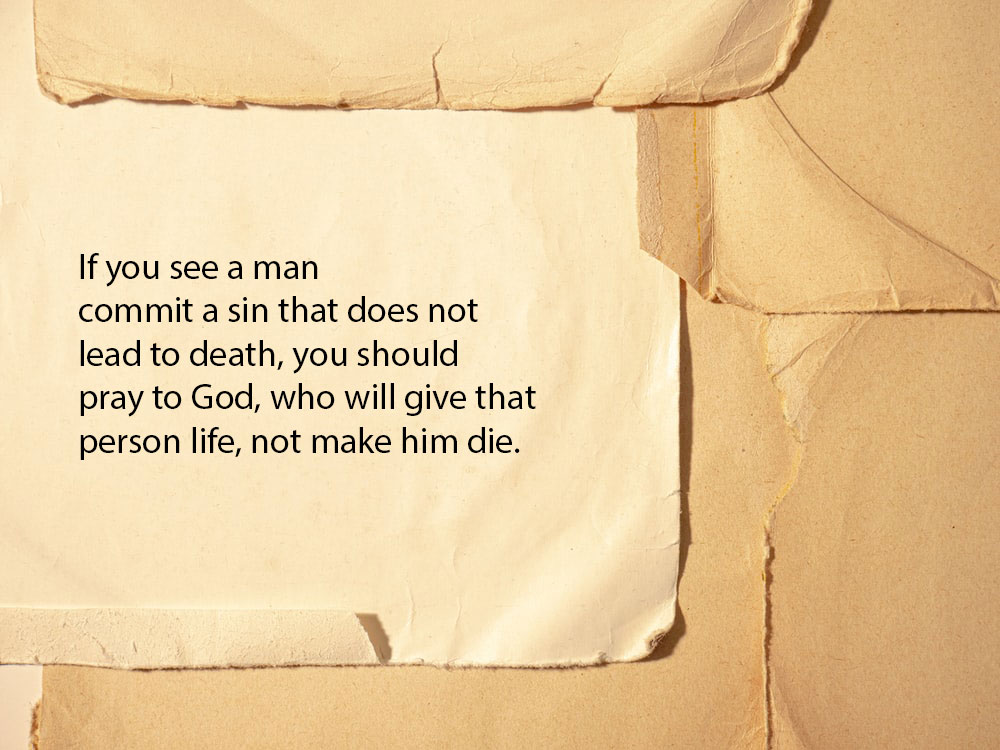
(Vatican Radio) Pope Francis has issued a Message to mark the World Day of Prayer for the Care of Creation. Taken from the Extraordinary Jubilee Year and his encyclical letter, Laudato si’, the theme of the Holy Father’ Message is: Show mercy to our common home.
Below, please find the full text
*******************************************************
MESSAGE OF HIS HOLINESS
POPE FRANCIS
FOR THE CELEBRATION OF THE
WORLD DAY OF PRAYER FOR THE CARE OF CREATION
1 SEPTEMBER 2016
Show Mercy to our Common Home
United with our Orthodox brothers and sisters, and with the support of other Churches and Christian communities, the Catholic Church today marks the “World Day of Prayer for the Care of Creation”. This Day offers “individual believers and communities a fitting opportunity to reaffirm their personal vocation to be stewards of creation, to thank God for the wonderful handiwork which he has entrusted to our care, and to implore his help for the protection of creation as well as his pardon for the sins committed against the world in which we live.” [1]
It is most encouraging that concern for the future of our planet is shared by the Churches and Christian communities, together with other religions. Indeed, in past decades numerous efforts have been made by religious leaders and organizations to call public attention to the dangers of an irresponsible exploitation of our planet. Here I would mention Patriarch Bartholomew of Constantinople who, like his predecessor Patriarch Dimitrios, has long spoken out against the sin of harming creation and has drawn attention to the moral and spiritual crisis at the root of environmental problems. In response to a growing concern for the integrity of creation, the Third European Ecumenical Assembly in Sibiu in 2007 proposed celebrating a “Time for Creation” during the five weeks between 1 September (the Orthodox commemoration of God’s creation) and 4 October (the commemoration of Francis of Assisi in the Catholic Church and some other Western traditions). This initiative, supported by the World Council of Churches, has since inspired many ecumenical activities in different parts of the world. It is also encouraging that throughout the world similar initiatives promoting environmental justice, concern for the poor and responsible social commitment have been bringing together people, especially young people, from diverse religious backgrounds. Christians or not, as people of faith and goodwill, we should be united in showing mercy to the earth as our common home and cherishing the world in which we live as a place for sharing and communion.
1. The earth cries out …
With this Message, I renew my dialogue with “every person living on this planet” (Laudato Si’, 3) about the sufferings of the poor and the devastation of the environment. God gave us a bountiful garden, but we have turned it into a polluted wasteland of “debris, desolation and filth” (ibid., 161). We must not be indifferent or resigned to the loss of biodiversity and the destruction of ecosystems, often caused by our irresponsible and selfish behaviour. “Because of us, thousands of species will no longer give glory to God by their very existence, nor convey their message to us. We have no such right” (ibid., 33).
Global warming continues, due in part to human activity: 2015 was the warmest year on record, and 2016 will likely be warmer still. This is leading to ever more severe droughts, floods, fires and extreme weather events. Climate change is also contributing to the heart-rending refugee crisis. The world’s poor, though least responsible for climate change, are most vulnerable and already suffering its impact.
As an integral ecology emphasizes, human beings are deeply connected with all of creation. When we mistreat nature, we also mistreat human beings. At the same time, each creature has its own intrinsic value that must be respected. Let us hear “both the cry of the earth and the cry of the poor” (Laudato Si’, 49), and do our best to ensure an appropriate and timely response.
2. … for we have sinned
God gave us the earth “to till and to keep” (Gen 2:15) in a balanced and respectful way. To till too much, to keep too little, is to sin.
My brother, Ecumenical Patriarch Bartholomew has courageously and prophetically continued to point out our sins against creation. “For human beings… to destroy the biological diversity of God’s creation; for human beings to degrade the integrity of the earth by causing changes in its climate, by stripping the earth of its natural forests or destroying its wetlands; for human beings to contaminate the earth’s waters, its land, its air, and its life – these are sins.” Further, “to commit a crime against the natural world is a sin against ourselves and a sin against God.” [2]
In the light of what is happening to our common home, may the present Jubilee of Mercy summon the Christian faithful “to profound interior conversion” (Laudato Si’, 217), sustained particularly by the sacrament of Penance. During this Jubilee Year, let us learn to implore God’s mercy for those sins against creation that we have not hitherto acknowledged and confessed. Let us likewise commit ourselves to taking concrete steps towards ecological conversion, which requires a clear recognition of our responsibility to ourselves, our neighbours, creation and the Creator (ibid., 10 and 229).
3. An examination of conscience and repentance
The first step in this process is always an examination of conscience, which involves “gratitude and gratuitousness, a recognition that the world is God’s loving gift, and that we are called quietly to imitate his generosity in self-sacrifice and good works… It also entails a loving awareness that we are not disconnected from the rest of creatures, but joined in a splendid universal communion. As believers, we do not look at the world from without but from within, conscious of the bonds with which the Father has linked us to all beings” (Laudato Si’, 220).
Turning to this bountiful and merciful Father who awaits the return of each of his children, we can acknowledge our sins against creation, the poor and future generations. “Inasmuch as we all generate small ecological damage,” we are called to acknowledge “our contribution, smaller or greater, to the disfigurement and destruction of creation.”[3] This is the first step on the path of conversion.
In 2000, also a Jubilee Year, my predecessor Saint John Paul II asked Catholics to make amends for past and present religious intolerance, as well as for injustice towards Jews, women, indigenous peoples, immigrants, the poor and the unborn. In this Extraordinary Jubilee of Mercy, I invite everyone to do likewise. As individuals, we have grown comfortable with certain lifestyles shaped by a distorted culture of prosperity and a “disordered desire to consume more than what is really necessary” (Laudato Si’, 123), and we are participants in a system that “has imposed the mentality of profit at any price, with no concern for social exclusion or the destruction of nature.”[4] Let us repent of the harm we are doing to our common home.
After a serious examination of conscience and moved by sincere repentance, we can confess our sins against the Creator, against creation, and against our brothers and sisters. “The Catechism of the Catholic Church presents the confessional as the place where the truth makes us free.”[5] We know that “God is greater than our sin,”[6] than all our sins, including those against the environment. We confess them because we are penitent and desire to change. The merciful grace of God received in the sacrament will help us to do so.
4. Changing course
Examining our consciences, repentance and confession to our Father who is rich in mercy lead to a firm purpose of amendment. This in turn must translate into concrete ways of thinking and acting that are more respectful of creation. For example: “avoiding the use of plastic and paper, reducing water consumption, separating refuse, cooking only what can reasonably be consumed, showing care for other living beings, using public transport or car-pooling, planting trees, turning off unnecessary lights, or any number of other practices” (Laudato Si’, 211). We must not think that these efforts are too small to improve our world. They “call forth a goodness which, albeit unseen, inevitably tends to spread” and encourage “a prophetic and contemplative lifestyle, one capable of deep enjoyment free of the obsession with consumption” (ibid., 212, 222).
In the same way, the resolve to live differently should affect our various contributions to shaping the culture and society in which we live. Indeed, “care for nature is part of a lifestyle which includes the capacity for living together and communion” (Laudato Si’, 228). Economics and politics, society and culture cannot be dominated by thinking only of the short-term and immediate financial or electoral gains. Instead, they urgently need to be redirected to the common good, which includes sustainability and care for creation.
One concrete case is the “ecological debt” between the global north and south (cf. Laudato Si’, 51-2). Repaying it would require treating the environments of poorer nations with care and providing the financial resources and technical assistance needed to help them deal with climate change and promote sustainable development.
The protection of our common home requires a growing global political consensus. Along these lines, I am gratified that in September 2015 the nations of the world adopted the Sustainable Development Goals, and that, in December 2015, they approved the Paris Agreement on climate change, which set the demanding yet fundamental goal of halting the rise of the global temperature. Now governments are obliged to honour the commitments they made, while businesses must also responsibly do their part. It is up to citizens to insist that this happen, and indeed to advocate for even more ambitious goals.
Changing course thus means “keeping the original commandment to preserve creation from all harm, both for our sake and for the sake of our fellow human beings.”[7] A single question can keep our eyes fixed on the goal: “What kind of world do we want to leave to those who come after us, to children who are now growing up?” (Laudato Si’, 160).
5. A new work of mercy
“Nothing unites us to God more than an act of mercy, for it is by mercy that the Lord forgives our sins and gives us the grace to practise acts of mercy in his name.”[8]
To paraphrase Saint James, “we can say that mercy without works is dead … In our rapidly changing and increasingly globalized world, many new forms of poverty are appearing. In response to them, we need to be creative in developing new and practical forms of charitable outreach as concrete expressions of the way of mercy.”[9]
The Christian life involves the practice of the traditional seven corporal and seven spiritual works of mercy.[10] “We usually think of the works of mercy individually and in relation to a specific initiative: hospitals for the sick, soup kitchens for the hungry, shelters for the homeless, schools for those to be educated, the confessional and spiritual direction for those needing counsel and forgiveness… But if we look at the works of mercy as a whole, we see that the object of mercy is human life itself and everything it embraces.”[11]
Obviously “human life itself and everything it embraces” includes care for our common home. So let me propose a complement to the two traditional sets of seven: may the works of mercy also include care for our common home.
As a spiritual work of mercy, care for our common home calls for a “grateful contemplation of God’s world” (Laudato Si, 214) which “allows us to discover in each thing a teaching which God wishes to hand on to us” (ibid., 85). As a corporal work of mercy, care for our common home requires “simple daily gestures which break with the logic of violence, exploitation and selfishness” and “makes itself felt in every action that seeks to build a better world” (ibid., 230-31).
6. In conclusion, let us pray
Despite our sins and the daunting challenges before us, we never lose heart. “The Creator does not abandon us; he never forsakes his loving plan or repents of having created us… for he has united himself definitively to our earth, and his love constantly impels us to find new ways forward” (Laudato Si, 13; 245). In a particular way, let us pray on 1 September, and indeed throughout the year:
“O God of the poor,
help us to rescue the abandoned
and forgotten of this earth,
who are so precious in your eyes…
God of love, show us our place in this world
as channels of your love
for all the creatures of this earth” (ibid., 246),
God of mercy, may we receive your forgiveness
and convey your mercy throughout our common home.
Praise be to you!
Amen.
[1] Letter for the Establishment of the “World Day of Prayer for the Care of Creation” (6 August 2015).
[2] Address in Santa Barbara, California (8 November 1997).
[3] Bartholomew I, Message for the Day of Prayer for the Protection of Creation (1 September 2012).
[4] Address to the Second World Meeting of Popular Movements, Santa Cruz de la Sierra, Bolivia (9 July 2015).
[5] Third Meditation, Retreat during the Jubilee for Priests, Basilica of Saint Paul Outside the Walls, Rome (2 June 2016).
[6] General Audience of 30 March 2016.
[7] Bartholomew I, Message for the Day of Prayer for the Protection of Creation, 1.9.1997.
[8] First Meditation, Retreat during the Jubilee for Priests, Basilica of Saint John Lateran, Rome (2 June 2016).
[9] General Audience of 30 June 2016.
[10] The corporal works of mercy are feeding the hungry, giving drink to the thirsty, clothing the naked, welcoming the stranger, visiting the sick, visiting the imprisoned, burying the dead. The spiritual works of mercy are counselling the doubtful, instructing the ignorant, admonishing sinners, consoling the afflicted, forgiving offenses, bearing patiently those who do us ill, praying for the living and the dead.
[11]Third Meditation, Retreat for the Jubilee for Priests, Basilica of Saint Paul Outside the Walls, Rome (2 June 2016).
(from Vatican Radio)











